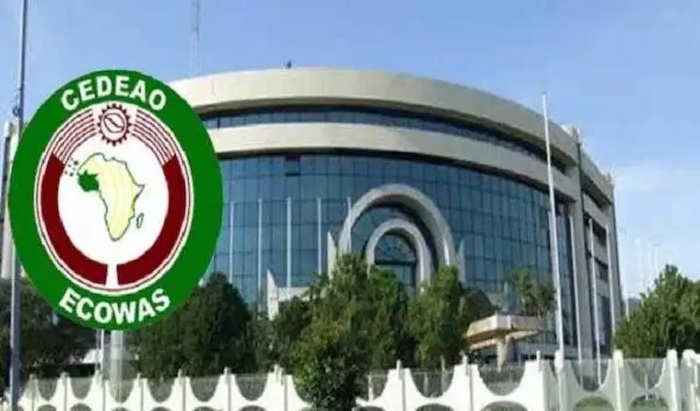BREAKING: ECOWAS Court Dismisses Shatta Wale’s Discrimination Claim Against Ghanaian Gaming Commission

The Community Court of Justice of the Economic Community of West African States (ECOWAS) has delivered its judgment in Case No. ECW/CCJ/APP/25/24, Charles Nii Armah Mensah v. Republic of Ghana and Gaming Commission, dismissing the discrimination claim brought by the award-winning Ghanaian musician known professionally as Shatta Wale.
The Court on Friday ruled against the Applicant, citing his failure to provide sufficient evidence of differential treatment, lack of proof regarding correspondence with the gaming company in question, and failure to disclose the identity of the gaming company central to the case.
Mr. Charles Nii Armah Mensah, an award-winning musician, recording artist, entrepreneur, and philanthropist known professionally as Shatta Wale, alleged that his right to non-discrimination was violated when he was prevented from securing an endorsement deal with a gaming company in Ghana.
The Applicant claimed that his established social status and professional achievements had earned him recognition and endorsement opportunities for various products and services within and outside Ghana. However, he alleged that a potential endorsement deal was terminated because of Guideline VII of Ghana’s Advertising Guidelines, which prohibits gaming “operators from using celebrities in their advertisements to entice the general public to gamble.”
Mr. Mensah contended that this restriction based on his celebrity status constituted discrimination and violated his rights guaranteed under the African Charter on Human and Peoples’ Rights and other international legal instruments.
The Respondent, the Republic of Ghana, denied the Applicant’s claims and challenged the Court’s competence to determine a case seeking to repeal or revoke national legislation. Ghana requested that the Applicant provide evidence of other celebrities engaged in similar advertisements who received different treatment. The Respondent maintained that no celebrities of the Applicant’s status were permitted to engage in such advertisements in Ghana, and examples cited by the Applicant involved celebrities engaged by other countries with different legal frameworks.
In its judgment, the Court observed that:
The Applicant failed to provide proof of any correspondence or oral evidence of interaction with the unidentified gaming company, or of any order from the Respondent to the gaming company to discontinue discussions with the Applicant.
The Applicant did not present credible evidence demonstrating different treatment of other celebrities engaged in similar advertisements that would amount to discrimination.
The Court was being asked to grant relief with implications for a critical but unidentified third party (the gaming company), which contradicts the rules of admissibility of the Court.
The Court, in its ruling, declared it has jurisdiction over the application and the application admissible but dismissed the case in its entirety as lacking merit.
The judgment was rendered by a panel comprising: Hon. Justice Ricardo Cláudio Monteiro Gonçalves (Presiding Judge),
Hon. Justice Sengu Mohamed Koroma (Member), Hon. Justice Dupe Atoki (Member and Judge Rapporteur)
Michael Olugbode
Follow us on:
